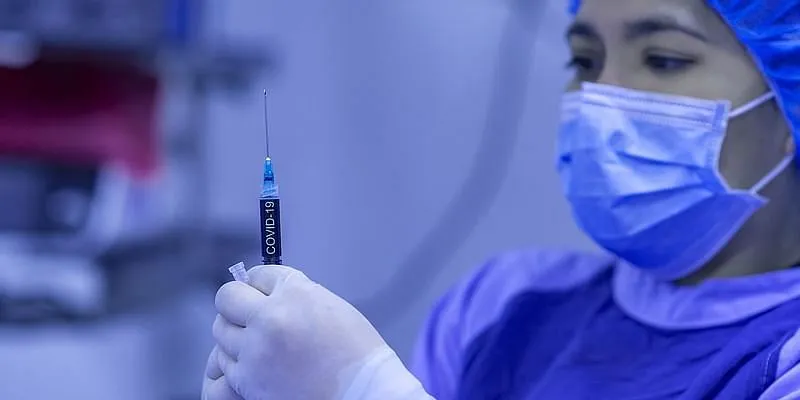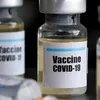India hopes to resume vaccine exports once domestic needs are met: Covid task force head
Dr. Vinod K. Paul said once India's immediate need of vaccinating a significant proportion of its people is achieved, and vaccine stockpiles are visible from multiple sources, the nation would then like to play the role of serving others and providing vaccines to them.
India, the world's largest manufacturer of vaccines, wants to resume exports of coronavirus doses but can't do so until its domestic needs are met, the head of the country's COVID-19 task force said on Friday.
"Once our immediate need of vaccinating a significant proportion of Indian people is achieved and vaccine stockpiles are visible from multiple sources, we would then like to play the role of serving others and providing vaccines to them," said Dr. Vinod K. Paul in an interview with The Associated Press.
Paul defended the Indian government's move to restrict vaccine exports in April as it battled a ferocious surge in infections.
He noted that India had given away a substantial amount of vaccines at the start of the year as it launched its own immunisation drive. So that has to be respected and has to be recognized, as not many nations have done that, he said.
From January, India began exporting vaccines to more than 90 countries. But the exports stopped when infections soared in India, leaving many developing countries without adequate supplies and affecting millions of people.
As critics accused India of mismanaging its sluggish vaccination efforts at home, countries such as Nepal and Bangladesh began looking toward China to fill their vaccine shortfalls.

The Serum Institute of India, the world's largest vaccine maker, also abandoned its role as the main supplier to COVAX, the U.N.-backed project to supply vaccines to poor regions of the world. Last month, it said it may not be able to start delivering doses until the end of this year, dealing a significant blow to global efforts to immunise people against the coronavirus.
Paul said a resumption of exports is still very much on the radar. But when asked when the restrictions would be lifted, he said it is not fair to put any date at this point in time.
Currently, less than five percent of India's people are fully immunised, with experts cautioning that vaccination rates must go up significantly to protect a sizable chunk of the population by the end of the year.
The hope is that India will achieve a rapid increase in inoculations in the coming months.
Last month, Paul told reporters that about two billion doses could be available by December under a roadmap that depends on India's two main suppliers - Serum Institute and Bharat Biotech - ramping up production and five other potential vaccines being made available in the coming months.
But experts and critics pointed out that both Serum Institute and Bharat Biotech have struggled to boost manufacturing, and that the other potential vaccines are still undergoing trials with no clear date for when they would be available, raising questions over whether Paul's estimate was realistic.
Paul acknowledged Friday that it was an optimistic projection. But he said it was based on estimates by the manufacturers themselves and that the figure showed there is the potential.
He said India can expect to see at least 740 million doses between August and December. But this includes 300 million of a vaccine that is still in late testing and not yet available. More orders will be placed in the future, he added.
While much of India's vast rural hinterlands were largely spared from COVID-19 last year, that has not been the case during the recent surge. Access to healthcare is much more limited in the countryside, raising fears that the virus could rip through small towns and villages unabated.
Going forward, the focus will have to shift to these small towns and villages, Paul said.
Edited by Anju Narayanan








